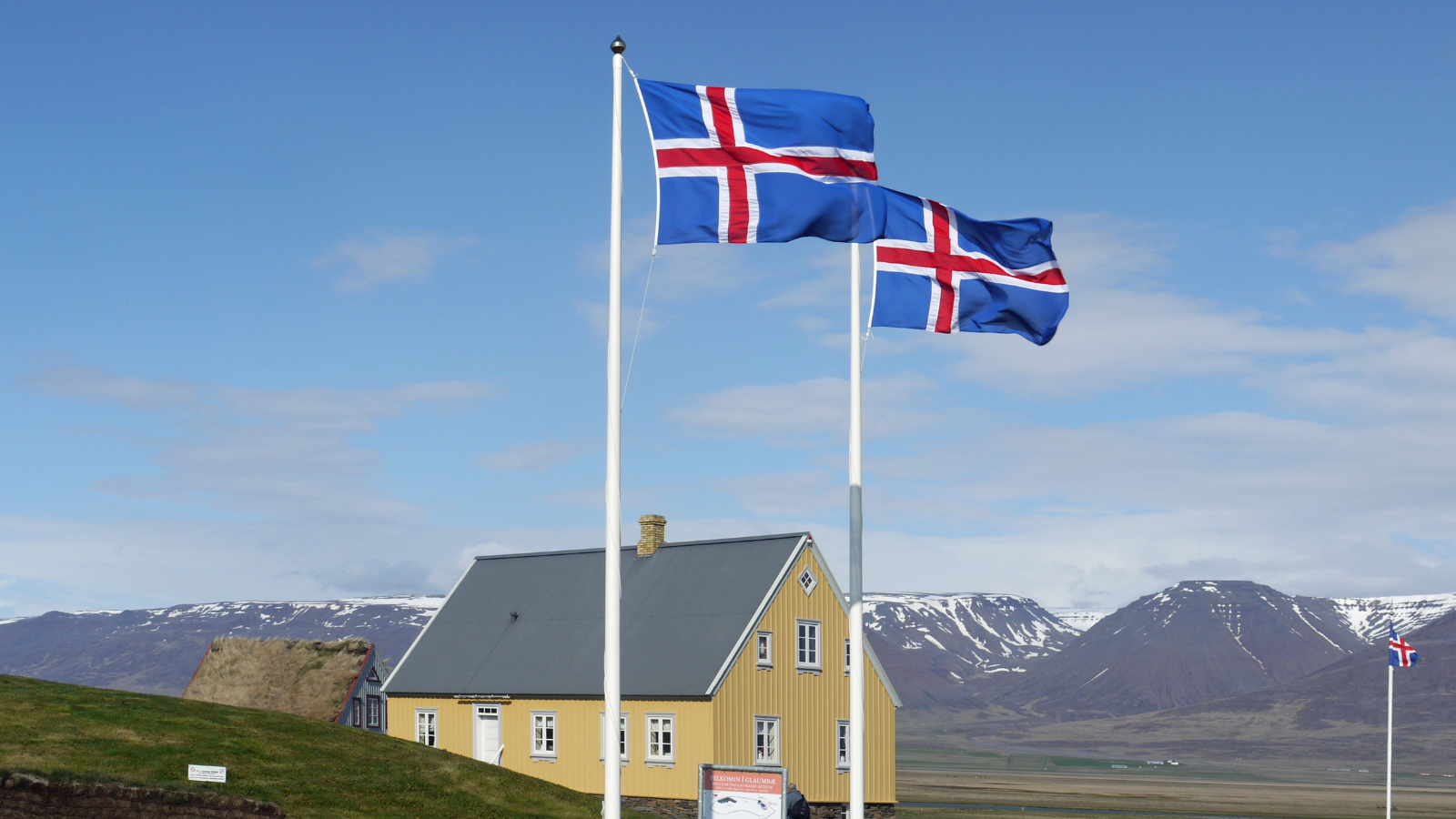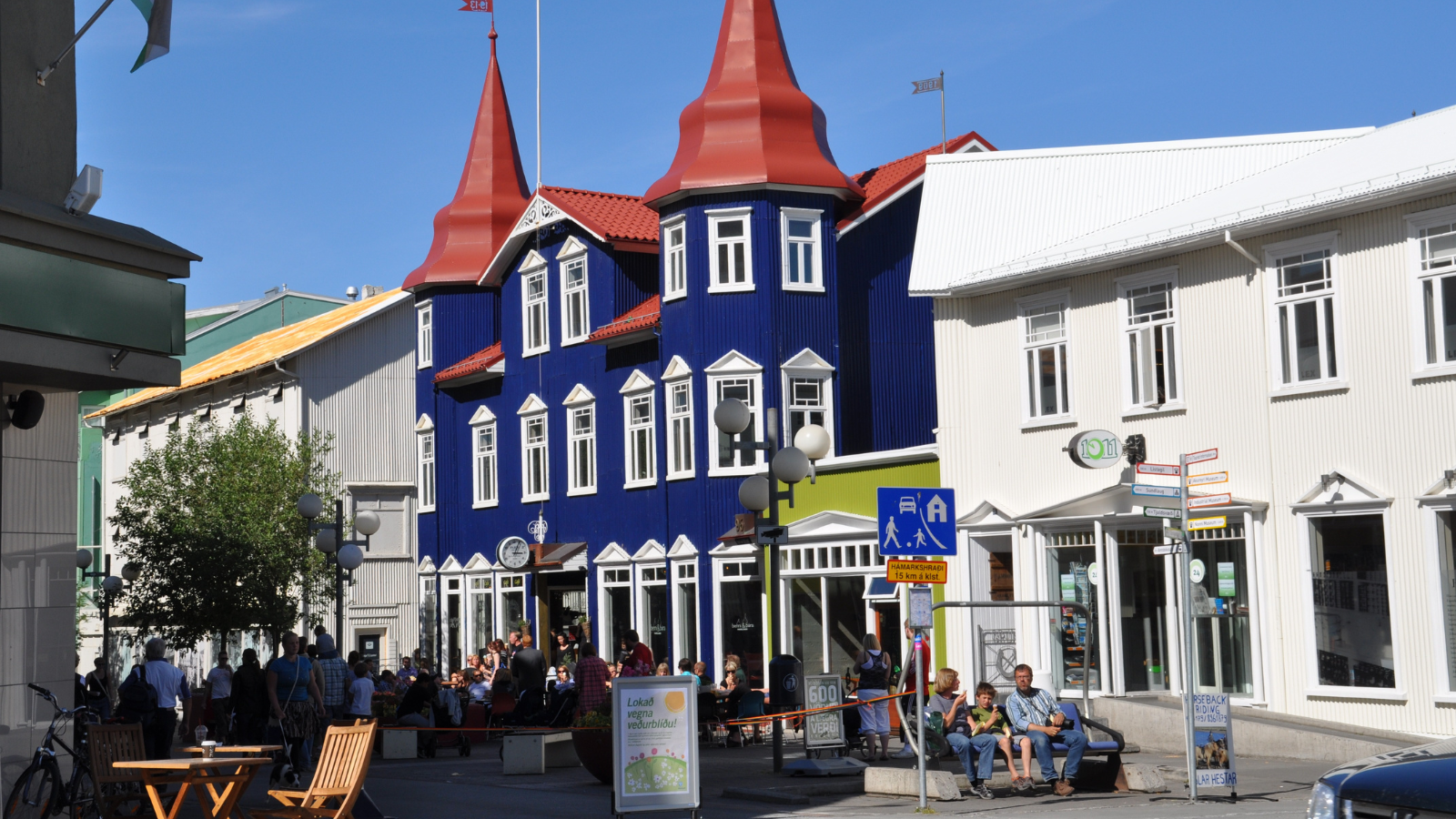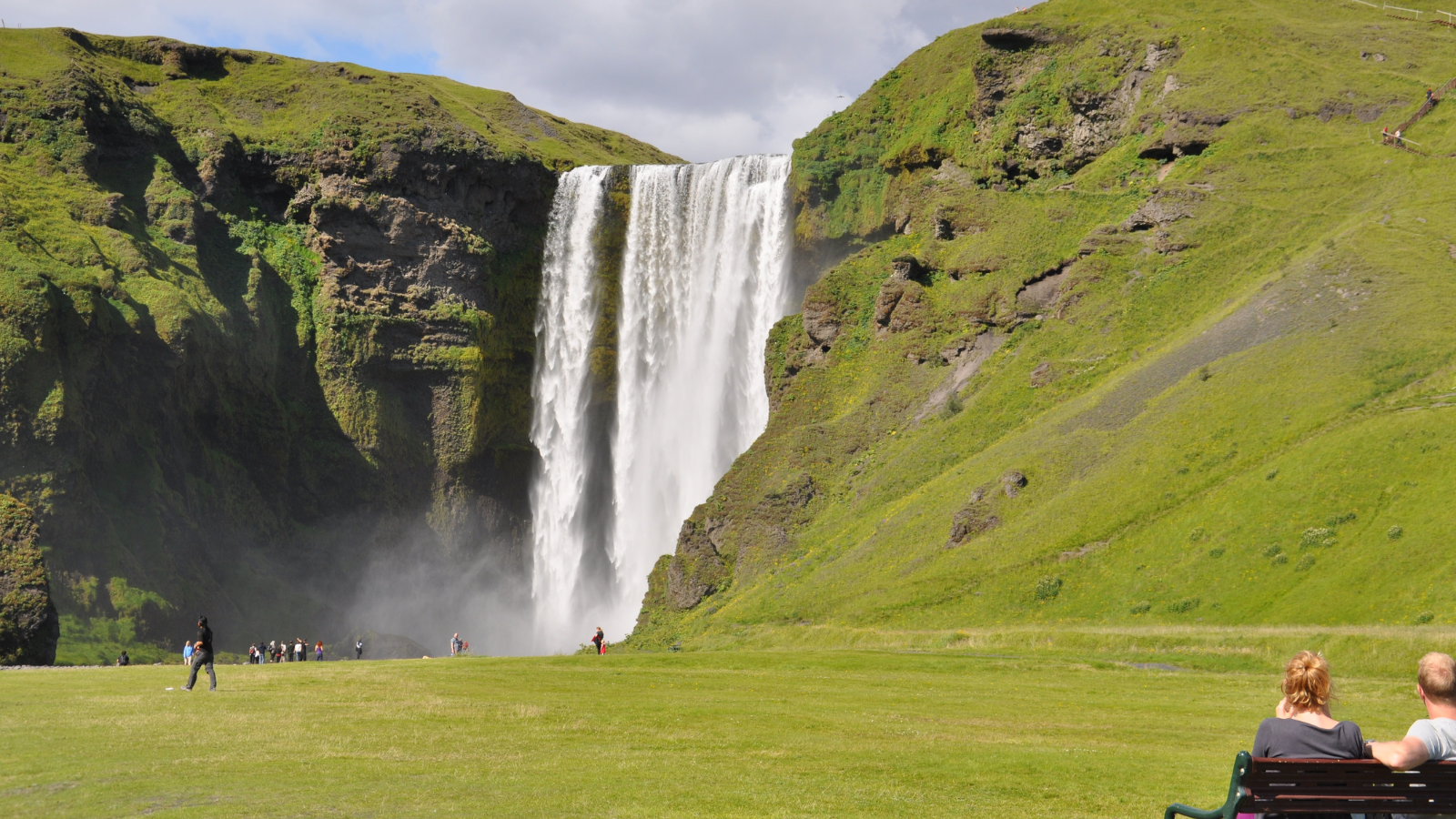
Guide To Life In Iceland: Pros And Cons
For many United States citizens, the idea of living in Iceland is much more than just a fantasy. It’s a very real possibility to embark on a life of adventure, a real sense of community, and a slower pace of living.
Iceland is consistently rated as one of the happiest, safest, and most progressive countries in the world. The standard of living here is renowned for being excellent, and despite the high cost of living, many choose to start a new life here among the breathtaking landscapes that roll out to meet you.
Despite the dreamy pull factors, like any international destination, there are challenges to navigate when living in Iceland. The cost of living and dark winters are just a couple of the issues that newcomers face. But balanced with the midnight sun during summer months and an eclectic range of things to do, moving to Iceland might just be the best decision you’ve ever made!
Whether you’re looking at a shorter-term assignment or a permanent adventure, we’ve got you covered. Our guide to what it’s like to live in Iceland unpacks it all, from a breakdown of the costs of daily life to details about your next steps.
Why Should I Move To Iceland?
We’re all guilty of visiting a new vacation spot and suddenly thinking, “Could I live here?”. But life in Iceland can be much more than just a fantasy. The more laid-back pace of life, the stunning natural beauty, and the cleanest air in the world all make Iceland an incredibly attractive place to live. Here are some of the most common draws for those considering a move to Iceland.
1. High Levels of Safety
Aside from the mind-blowing scenery, safety is another key draw to Iceland. Year after year, Iceland continues to have one of the lowest crime rates worldwide, while also being rated highly on the Global Peace Index. Quality healthcare and a high-quality education system are also hugely attractive to those looking for a better life.
2. Great Work-Life Balance
Feeling the pressure at work? Work-life balance in Iceland is almost alien compared to the stress of the US work week. Icelandic work weeks are often shorter than their American or even UK counterparts, with a strong appreciation for time spent outdoors. This can often mean retreating to the countryside at the first hint of a sunny week! Imagine that…
3. Settling In Is Easy
Despite the international move, moving to Iceland from the US can be a surprisingly smooth transition process. English is widely spoken, and to a very high standard, making integration far easier than in other global destinations. What’s more, Icelandic people are a laid-back and welcoming population, meaning you’re even more likely to settle in and make friends locally.
We know that living on an island in the North Atlantic might not suit everyone, but there are certainly strong advantages. If you’re after a high quality of life, beautiful outdoor spaces, and a safe community, Iceland has it all.

Pros & Cons of Life in Iceland
Before any move, it’s important to look broadly at the positives and negatives. Making such a huge decision deserves thorough research, but here are a few of the pros and cons that many expats cite about moving to Iceland.
|
Pros |
Cons |
|
Low crime rates, high peace index rating |
Higher cost of living |
|
Unbelievable natural beauty |
Longer, darker winters |
|
High quality of life |
Long travel home (remote location) |
|
English-speaking society |
Unpredictable weather |
|
Community feel |
Products are more limited (imports) |
Despite the challenges, the unique lifestyle on offer in Iceland is enough for many US citizens to take the plunge each year and move to Iceland. Knowing the above prior to making the leap can make settling into your new home that much easier.
Cost Of Living In Iceland: Everything To Know
One of the main considerations for moving anywhere, internationally or otherwise, is the cost of living in your new destination. This is one of the biggest things to think about when researching life in Iceland, as this could make or break your time here. Here are a few key areas broken down by cost.
Housing
Your largest monthly expense anywhere will be accommodation, and Iceland is no exception. More than 60% of the Icelandic population lives in Reykjavik, so rental prices here are naturally high, with studio or 1-bed apartments in the capital anywhere between 160,000ISK and 260,000ISK ($1,260-$2,000) a month. Purchasing property is considerably more expensive than renting, so you’ll need to consider if this is a dealbreaker.
Groceries
Due to import prices, thanks to the country’s remote location and reliance on international exports, food is a surprisingly high expense when visiting or living in Iceland. Note that locally produced items, lamb and fish, are generally more affordable than imported groceries. Here are a few key items and what they could set you back in Iceland.
- Gallon of milk: 240 kr ($1.90)
- Loaf of bread: 500 kr ($3.95)
- Dozen eggs: 790 kr ($6.20)
Healthcare & Education
The comprehensive healthcare and education systems in Iceland are funded primarily by taxes, which are relatively high. However, access to these government-run systems is available to all residents with low out-of-pocket fees, which can be a welcome change for US citizens. Education fees are highly subsidized by the government, too, so university fees are a fraction of the cost you might expect back home.
Transportation
It is fairly common to own a car in Iceland rather than rely on public transport, which is efficient within the bounds of Reykjavik but can be hard to navigate in more rural areas. Newcomers to Iceland often opt to rent a car before making a more permanent decision about their circumstances. Fuel costs are, like groceries, fairly high, and average about 315 kr ($2.50) per liter.
While the cost of living in Iceland is undeniably high, many expats enjoy the benefits of quality healthcare, great education, and a safe environment for the larger price tag. With some careful planning, navigating these costs can be well worth the move to Iceland.

Moving To Iceland: The Process
If you’re thinking seriously about moving to Iceland, there are a few practical steps to start thinking about. Paperwork and planning are part and parcel of any relocation, and Iceland has a unique set of rules that US citizens will need to pay attention to. Here are your next steps towards your new life in Iceland!
Visas for Iceland
Without a visa, Americans can visit Iceland for up to 90 days within any 180-day period thanks to the Schengen Area. However, longer-term stays will require further planning. Consider the following options for seeking permanent residency in Iceland.
- Work permits: Seek a job offer from an Icelandic employer in order to achieve a work permit.
- Student permit: Eligible for those enrolling in an Icelandic university course.
- Family reunification: For those with close family members who are Icelandic citizens or residents.
- Financial independence permit: If you can prove that you can support yourself in Iceland without work, this is often a great pathway.
The Directorate of Immigration, or Útlendingastofnun, is the best source for up-to-date immigration details.
Finding Work in Iceland
With such a small and geographically concentrated population, the job market in Iceland is relatively small and competitive. There are, however, some fields where expats are more in demand, including tourism, IT & tech services, healthcare, and construction.
While Icelandic can help your job searching efforts, there are many roles in hospitality, technology, and education that are English-speaking. Sites like Alfreð and EURES are helpful for job hunting.
Finding Accommodation in Iceland
As a new arrival in Iceland, it can be difficult to find housing in Iceland, particularly in Reykjavik. Listings may be competitive and expensive, and you might find that long-term rental accommodation will only be available unfurnished and with hefty deposits. Browse Leiga.is, MBL Rent, and Facebook expat groups for the best opportunities.
Living in Iceland FAQs
Is it easy for a US citizen to move to Iceland?
While it is possible, it is not without its challenges. A valid reason is needed to stay beyond 90 days, and securing a job offer before arrival is essential to acquire a valid work permit. Expect paperwork and waiting times throughout the process, but it is possible!
Can I move to Iceland without learning Icelandic?
Absolutely. While some aspects of life, such as job searching, are easier with an understanding of Icelandic, English is widely spoken in Iceland. This means that settling and undertaking bureaucracy can be much simpler here than in other countries.
Is Iceland a good place to retire?
If you are looking to retire in a safe, laid-back environment with plenty of outdoor activities, Iceland is a great option. The cost of living in Iceland, however, is definitely something to take note of, as your fixed pension income may not be enough to cover living costs. The financially independent residence permit is a great route to permanent residency for retirees who can meet savings requirements.
Is it possible to buy a house in Iceland?
While not impossible, US citizens will find restrictions in place to limit purchasing power. Non-EEA citizens typically need special permission from the Ministry of Justice to purchase property. It’s more common for expats to rent, at least initially, while they go through the process of establishing residency in Iceland.
Now you should have a strong idea of what living in Iceland is really like. Renting a car as a new arrival in Iceland can help you get the lay of the land and allow you to get out and explore your new home. Speak to our team to find out about long and short-term car rental options!